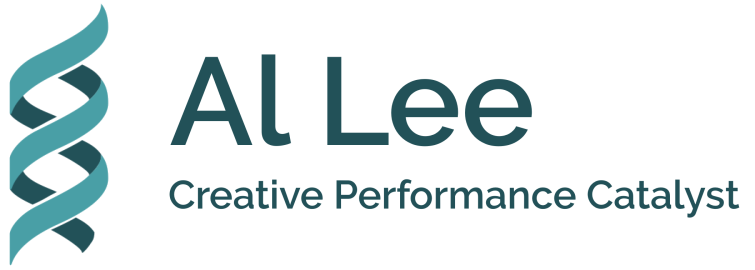 Soma, a water filtration company has instituted several practices that I believe many teams could benefit from.
Soma, a water filtration company has instituted several practices that I believe many teams could benefit from.
Starting the Day with Meditation
The Soma team starts each day with a quick huddle to focus on goals and surface any issues. That is followed by a short period of silent meditation (each person can choose what form their meditation takes). They then go on about their day.
Taking a few minutes each morning to shake off the commute and put aside unrelated matters can make a big difference. Encouraging people to take that time to clear their minds, refresh and clarify their key goals – as well as what they need to do today to fulfill them, will help them to be much more on target and engaged.
In many martial arts classes, there is a short period of sitting meditation before the start of practice. This allows students to clear their minds of everything else – work, family, traffic, impending global disease and disasters – and prepare to focus exclusively on the practice. It is as much for safety as anything else, but the principle still applies; taking time to clear your mind and clarify your intentions improves performance.
Keeping Your Eyes on the Prize
Another important practice that Soma uses is to encourage people to spend dedicated time each week on planning and key long-term issues. On Wednesday’s, after the morning meditation and check-in, employees are asked to keep the rest of the morning free until lunch time – no calls, no emails, no meetings – and use the time to put focused uninterrupted attention on key issues, strategic planning, tactics, whatever is most important.
With the fast pace of our lives combined with the constant clamoring of our device’s demands for our attention, focus can be a rare commodity. That is unfortunate as it and is perhaps our most potent tool for making things happen and getting things done. Letting people know that it is important and expected, and providing the space for it is a smart move that no doubt pays big dividends.
There is an excellent book on the proven benefits of these types of “mindfulness” practices by Chade Meng Tan, one of Google’s earliest employees. The book is “Search Inside Yourself” and was the direct outcome of Google’s policy of having employees devote 20% of their time (1 day each week) to pursue a project of their choosing – and not necessarily related to their job. If you are skeptical of these practices (and even if you are not, I highly recommend it.
What practices do you use to improve your engagement, attention, and focus?





